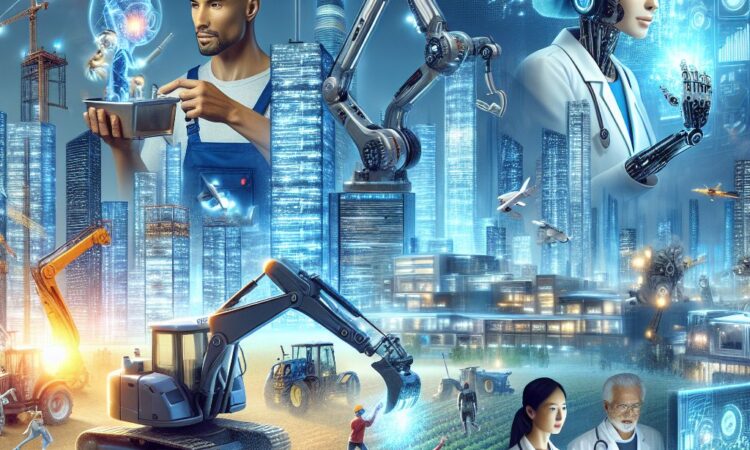The Future of Work and the Impact of Automation
Automation is rapidly changing the nature of work, and this is having a significant impact on workers and businesses. Some jobs are being automated away, while others are being created. This is leading to concerns about the future of work and the need for new skills training.
As technology continues to advance, machines are becoming more capable of performing tasks that were once predominantly done by humans. This trend is especially prevalent in industries such as manufacturing, transportation, and customer service. Routine and repetitive tasks are increasingly being handed over to machines, resulting in increased efficiency and reduced labor costs for businesses.
However, this automation-driven transformation is not without consequences. Workers who perform tasks that can be easily automated are at risk of job displacement. This technological shift is creating a divide between those who possess skills that complement automation and those who do not. The fear of job loss and the need to adapt to technological advancements is causing anxiety and uncertainty among many workers.
On the other hand, automation is also creating new avenues of employment and driving the demand for new skills. As certain job tasks become automated, new jobs are being created that require a different set of skills, such as programming, data analysis, and design. The ability to adapt and learn these new skills is essential in order to thrive in the changing job market.
Businesses also face challenges in integrating automation into their operations. While automation can improve productivity and reduce costs, there are upfront investments required and potential disruptions to existing workflows. Additionally, businesses need to consider the ethical implications of automation, such as ensuring the transparency and fairness of automated decision-making systems.
In summary, the future of work is being shaped by automation. While it presents opportunities for increased efficiency and the creation of new jobs, it also poses challenges for workers and businesses. Adapting to this rapidly changing landscape requires a focus on skills training and a proactive approach in preparing both the workforce and businesses for the future.

